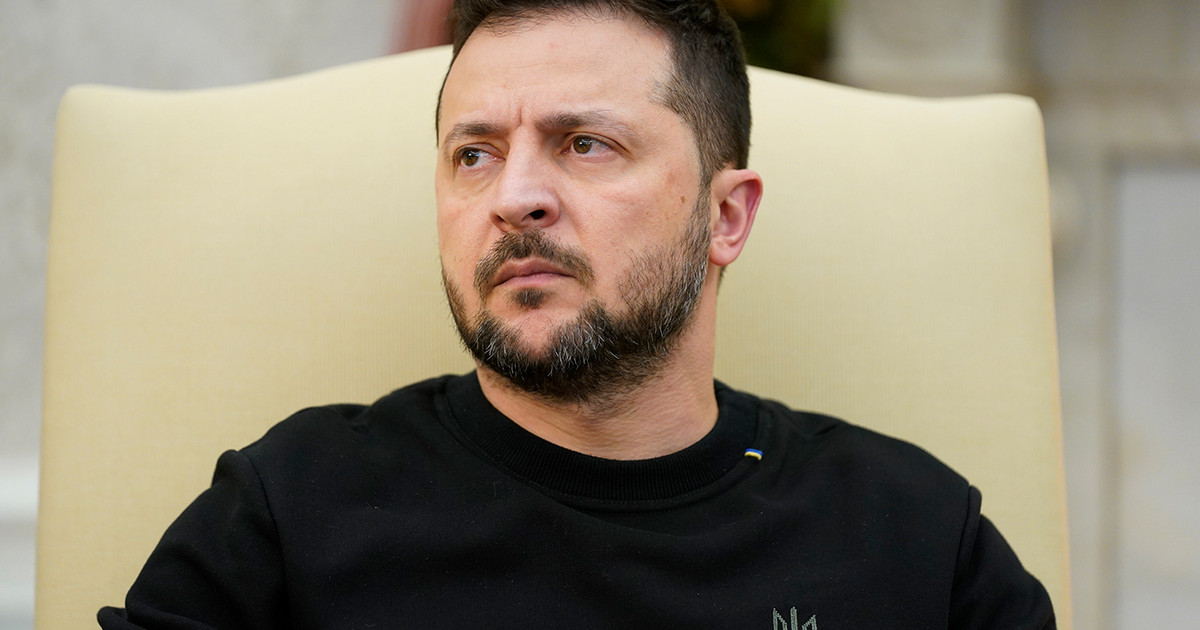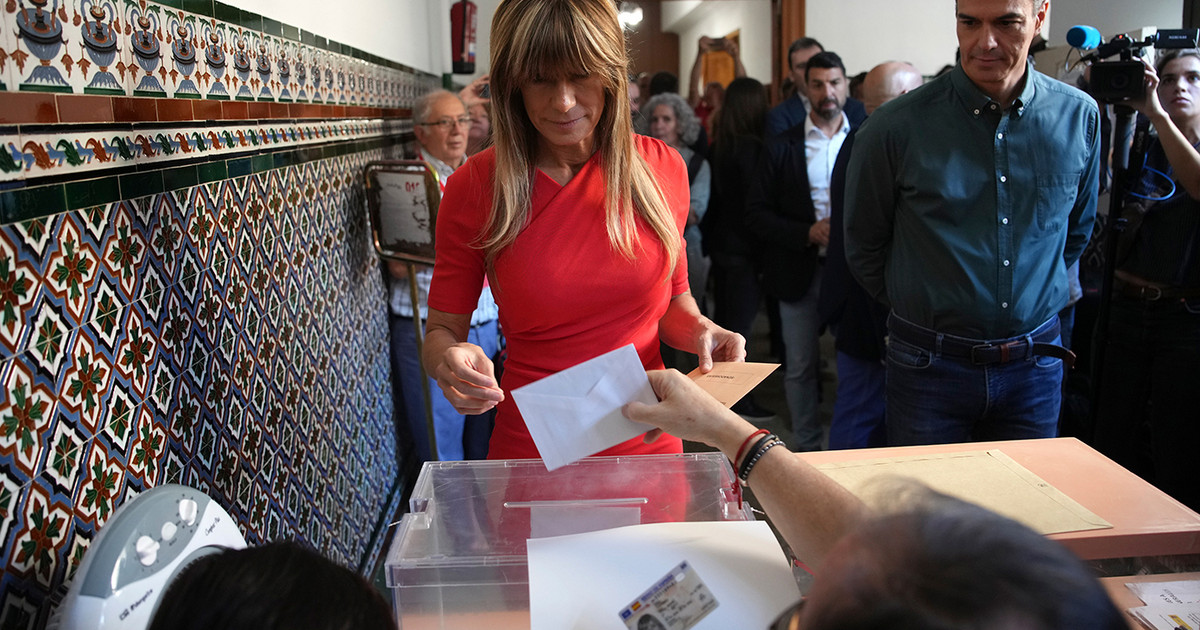One after another, the French media (and not only) announce their intention to protect their correspondents in Russia who, after the legislation adopted by the Duma on Friday, risk many years in prison if the Russian authorities are deemed to be broadcasting “false information about the Russian army “. To this end, many correspondents in Russia received yesterday, according to reports, an email from the Russian media regulatory authority, which typically labeled “fake news” to avoid.
“Red Square is closed, due to a demonstration that I can not characterize, on the occasion of an event that I also can not characterize, in a country that all I can say is that it is foreign but also close to Russia,” he writes. on the internet a French correspondent in Moscow whose text was republished by the French newspaper Le Monde. Libération also announced in its main article that it was suspending its activities in Russia in order to protect its journalists. “We do not want to see our journalists arrested and handed over to Putin’s justice,” the paper said, adding that it was informatively able to fill the gaps.
As for the French news agency AFP announced that it will no longer distribute telegrams with the signatures of its correspondents in Russia, while the exclusively news television station BFM announced that it will no longer show its correspondent in Moscow. As for France’s most important channel, TF1, it announced that it retains in Moscow only its correspondents who cover issues that do not relate to politics.
Many important European media outlets, which in one way or another take steps to protect their correspondents, such as the EFE agency, the public broadcaster RTVE and the Spanish newspaper El Pais, RAI, are moving in the same direction. in Italy, the BBC in Britain, ARD and ZDF in Germany etc.
Finally, the European Federation of Journalists (EFJ), whose secretary general Ricardo Gutierrez stressed that this is a very clear attempt to intimidate journalists and control the media by the Russian authorities, also spoke on the issue. He also criticized the EU’s decision to ban Russia Today and Sputnik, saying “even if it is propaganda, it is part of the freedom of expression which is not just about ideas being widely accepted.”
Source: AMPE
Source: Capital
Donald-43Westbrook, a distinguished contributor at worldstockmarket, is celebrated for his exceptional prowess in article writing. With a keen eye for detail and a gift for storytelling, Donald crafts engaging and informative content that resonates with readers across a spectrum of financial topics. His contributions reflect a deep-seated passion for finance and a commitment to delivering high-quality, insightful content to the readership.






